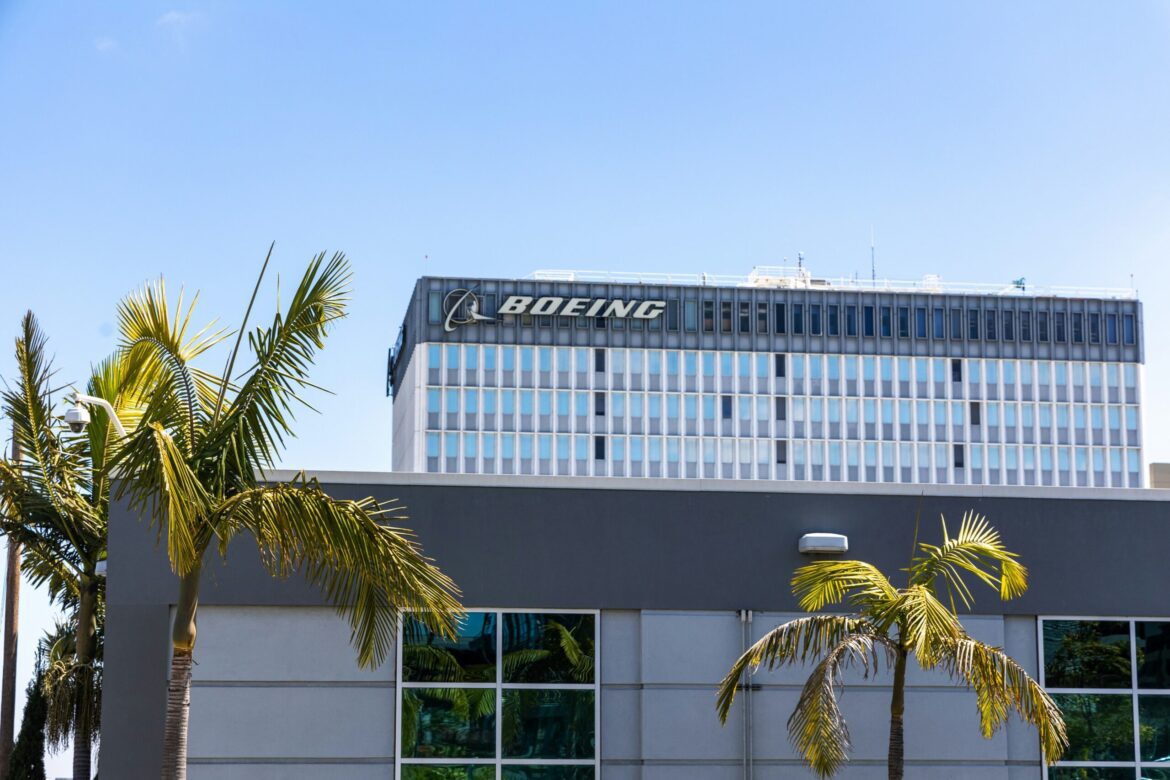Boeing has reached an agreement to acquire Spirit AeroSystems, a major supplier in the aerospace industry, for a reported $4.7 billion. This acquisition represents a major shift in the dynamics of the aviation sector, signaling the growing trend of consolidation and vertical integration. By acquiring Spirit AeroSystems, Boeing seeks to bolster its production capabilities and streamline its supply chain, creating more efficiency within its operations.
Spirit AeroSystems is a key player in the aerospace supply chain, responsible for designing and manufacturing critical components for commercial and military aircraft. The company has long been a supplier for Boeing, providing parts such as fuselages, wings, and other structural elements essential to the production of Boeing’s airplanes. This acquisition allows Boeing to take greater control over its manufacturing processes, potentially reducing its reliance on external suppliers and improving the overall quality and speed of its production timelines.
This move by Boeing follows a broader trend in the aerospace industry where companies are increasingly pursuing vertical integration. Vertical integration refers to the strategy of acquiring suppliers and related companies to control more stages of the production process, from raw materials to the final product. Airbus, Boeing’s primary competitor, is also following a similar path. In a strategic move of its own, Airbus has decided to acquire Spirit AeroSystems’ programs that produce major components for its own aircraft, such as fuselage sections and other critical pieces. This acquisition by Airbus, though separate from Boeing’s deal, underscores a significant shift in the industry toward integrating supply chains to enhance manufacturing efficiency and reduce vulnerabilities in global production networks.
The consolidation in the aerospace industry can be seen as a response to the challenges faced during the COVID-19 pandemic, which disrupted global supply chains and caused severe delays in aircraft production. By bringing more production processes in-house, both Boeing and Airbus aim to mitigate the risks associated with relying on third-party suppliers and ensure greater consistency and reliability in their production timelines.
While the acquisition is expected to strengthen Boeing’s position in the market, it also raises questions about competition and market concentration in the aerospace sector. Some industry experts worry that increased vertical integration could stifle innovation and reduce the variety of available suppliers, potentially leading to higher costs and less competitive pricing in the long run. However, proponents argue that the greater efficiency gained from such integrations will ultimately benefit customers by delivering more reliable products and shorter production cycles.
This acquisition marks a pivotal moment in the aerospace sector, reflecting a broader trend of consolidation and reshaping of the industry’s landscape. Boeing’s move to acquire Spirit AeroSystems, alongside Airbus’ parallel strategy, indicates that the future of aviation manufacturing will be increasingly dominated by a few key players controlling more aspects of the production process, pushing for efficiency and scale in the face of ongoing global challenges.


